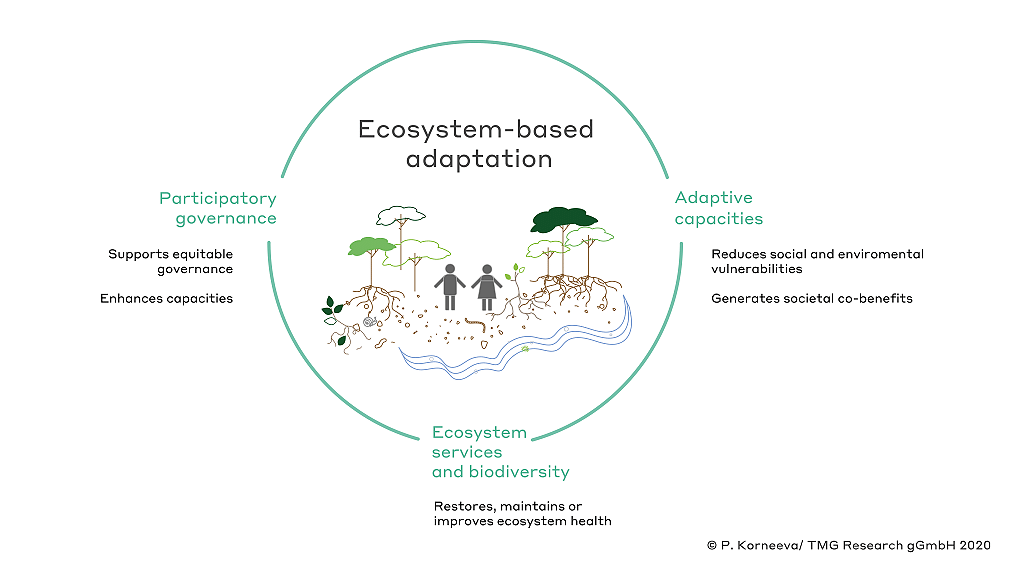
Rural incomes revolve around agriculture. Around 70% of the rural households and roughly 56% of the total Indian population depend on agriculture for their livelihood. However, the challenge for agriculture to support over 600 million people in India can be gauged from the fact that the sector's contribution in real GDP is only about 20%.
The lack of equity within the sector is highlighted from the fact that nearly 85% of farmers in India have small and marginal landholding (less than 2 hectares of land), but account for only about half of the total agriculture output.
Other issues contributing to the agrarian distress in the country include heightened weather variability, inappropriate crop choices, degraded ecosystems, inefficient use of farm inputs, and a policy framework that requires urgent reforms. Much has been written about these issues in recent months, particularly around attempted changes to crucial farm laws. However, to what extent would any of the proposed reforms contribute to resilient incomes for small and marginal farmers are debatable.
An ecosystem-based approach to boost rural incomes
The diversity of the issues affecting rural livelihoods necessitates a holistic solution. Looking at agriculture productivity in isolation could result in depleting soil health, dropping water tables or increasing vulnerability to climate change.
A holistic and ecosystem-based approach would first and foremost stabilize the natural resources – such as land, water, forests and the local biodiversity – on which rural livelihoods rely. This would be through watershed development that focuses on soil and water conservation, afforestation, community managed common property resources, etc. This would be followed by demand side water management efforts such as water-budgeting, crop planning, improving the efficiency of water-use through drips, sprinklers, etc. Sustainable agriculture interventions, including soil testing, enhancing the use of organic inputs, providing access to extension services and to real-time, locale-specific and weather-based crop advisory system would be the next layer of interventions required.
Farm Precise is a mobile app that serves as a dynamic decision support system for farmers with agriculture advisories that are tailored to their crop and farm-specific conditions. A final layer would aim at diversifying livelihoods and making all the rural interventions more inclusive. This would be addressed by promoting non-farm livelihoods, enterprise development, and access to credit, skill development and focus on health and nutrition, with a particular focus on the marginalised sections of the community.
The idealogy behind such an inclusive and holistic approach is not just specific to rural livelihoods in India, but in fact ensconced in the universal values of the Sustainable Development Goals (SDGs) and the UN’s Agenda 2030.

EbA success stories and the need for upscaling
Ecosystem-based Adaptation (EbA) has recently emerged as a well-accepted term given to such a holistic approach that is a human-centred and nature-based response to the sustainable development challenges and the impacts of climate change. The 3 core elements of EbA is schematically shown in the figure below.
Adaptation projects that have been based on a EbA approach have had led to several significant impacts, such as a large scale restoration of degraded lands, a 30-40% increase in household income levels and a 80-90% increase in surface water storage levels. However, considering the scale of challenges across rural India, such efforts need to upscaled across the country. This is not possible by a single organisation and needs a concerted effort and collaboration from a wide range of stakeholders. Ecosystem-based Adaptation for Resilient Incomes (ECOBARI) is one such collaborative that was recently launched to bring together research institutes, corporates, government officials and civil society with the aim of upscaling EbA. This is the first national network on EbA in India with the aim to be a leading platform that grounds EbA at scale through ‘science-practice-business’ partnerships, policy enablement and resource provisioning, so as to achieve the SDGs, the Land Degradation Neutrality and Climate Change commitments of India.
Irrespective of the terminology used to identify such holistic approaches, what is clear and unequivocal is the need work together with nature while charting our future. The COVID-19 pandemic reinforced the urgency of restoring this balance with nature while also highlighting the need for ensuring equity – issues that are indeed captured by the EbA approach.
Author Details
Arjuna Srinidhi, Associate Thematic Lead, Climate Change Adaptation, WOTR















Share your comments